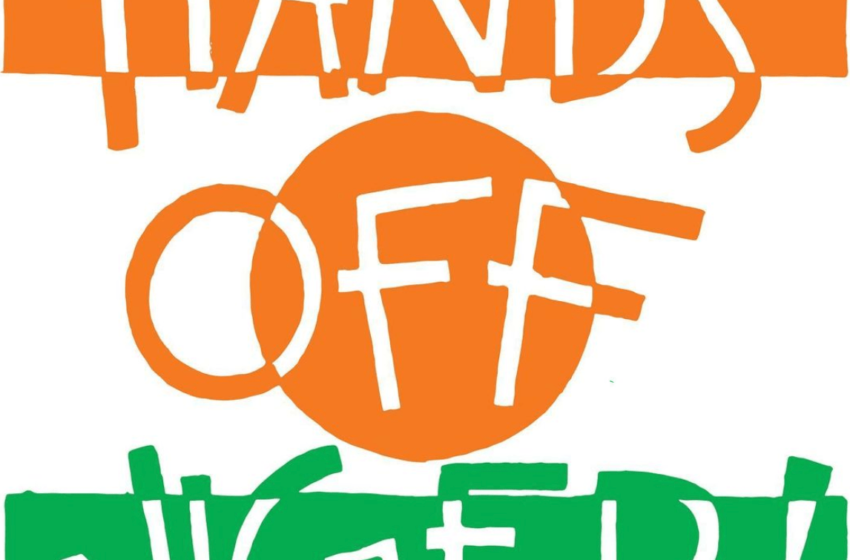
This Is What You Need To Know About What’s Going On in Niger
The recent events in West Africa hold great importance for various groups, including Western powers like the US and France, as well as Muslims and people worldwide. Ongoing efforts in different regions of the developing world, where the majority resides, are being undertaken to resist neocolonialism and various types of exploitative capitalism. These efforts often revolve around countering the influence of US military interests. The complex situation in Niger is closely connected to this broader struggle against such forces of dominance and exploitation.
Why are America and France adamant about Intervening in Niger?
On 28 July, the head of Niger’s Presidential Guard, General Abdourahamane Tchiani, declared himself head of state after the military seized power. The main reasons for the coup include the increasing military presence of France and the US in Niger. As Mali, Burkina Faso, and Guinea have had military coups, French forces were invited into Niger by Niger’s then-elected president, Mohamed Bazoum. Additionally, the US set up a drone base in Niger in 2019.
These incursions by the US and France have been partially justified by resistance against extremist Islamic groups such as Boko Haram and Al Qaeda but have done little to increase security and are seen by some as increasing the vulnerabilities of Niger to extremist groups. These attacks have resulted in thousands of deaths and displacements in the last decade.
Niger was a French colony up until the 1960s. Their independence movement was connected to the bloody Algerian fight for independence that contributed to the end of French colonialism in Africa.
Currently, the Economic Community of West African States (ECOWAS) has requested the military leaders in Niger to restore democratic government or face military intervention. This situation is a powder keg for possible military intervention by France, the US, and NATO due to both their military and economic interests in the country.
Could intervening potentially harm Nigeriens and benefit the US and France in aiding a war in the Sahel?
First, it is relatively easy to claim that the situation in Niger descending into a full-scale military conflict would be a disaster in the Sahel. It would displace large numbers of civilians and cause untold amounts of destruction. It has been evident in places where the US has intervened that we have perpetuated violent conflicts, not solved them.
However, the second question, in all honesty, is something the US government and France should also take very seriously because, given our foreign policy decisions, it might be intuitive for the US to intervene. Yet, our recent history of intervention has had a clear and undeniable track record of massively destabilizing fragile areas. For example, the War in Iraq led to the destabilization of the Middle East, including the rise of Daesh and the destruction of Syria. In Libya, we witnessed a disintegration of social order following the ousting of Qaddafi.
The US and France must leave Niger alone, as our intervention will not protect our assets there but only further jeopardize them.
When will we learn as the West that we need a new understanding of global politics? When will we start to take productive steps to support stability, even if it means changing our familiar bag of tricks? This is a perfect opportunity to try something new.
An old saying is, “Insanity is repeating the same mistakes, expecting different results.”
Let’s hope for restoring sanity for the US, France, and NATO.



